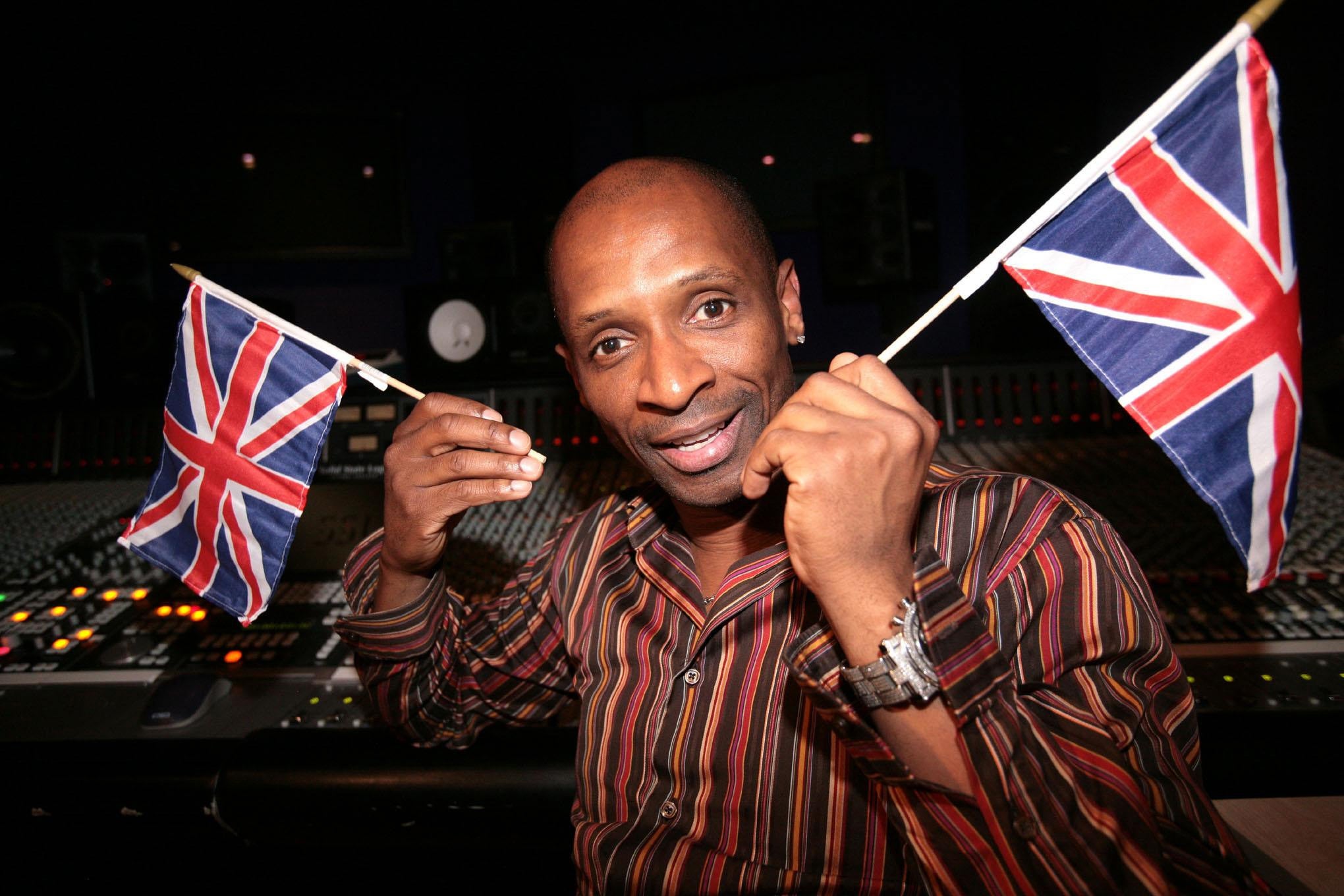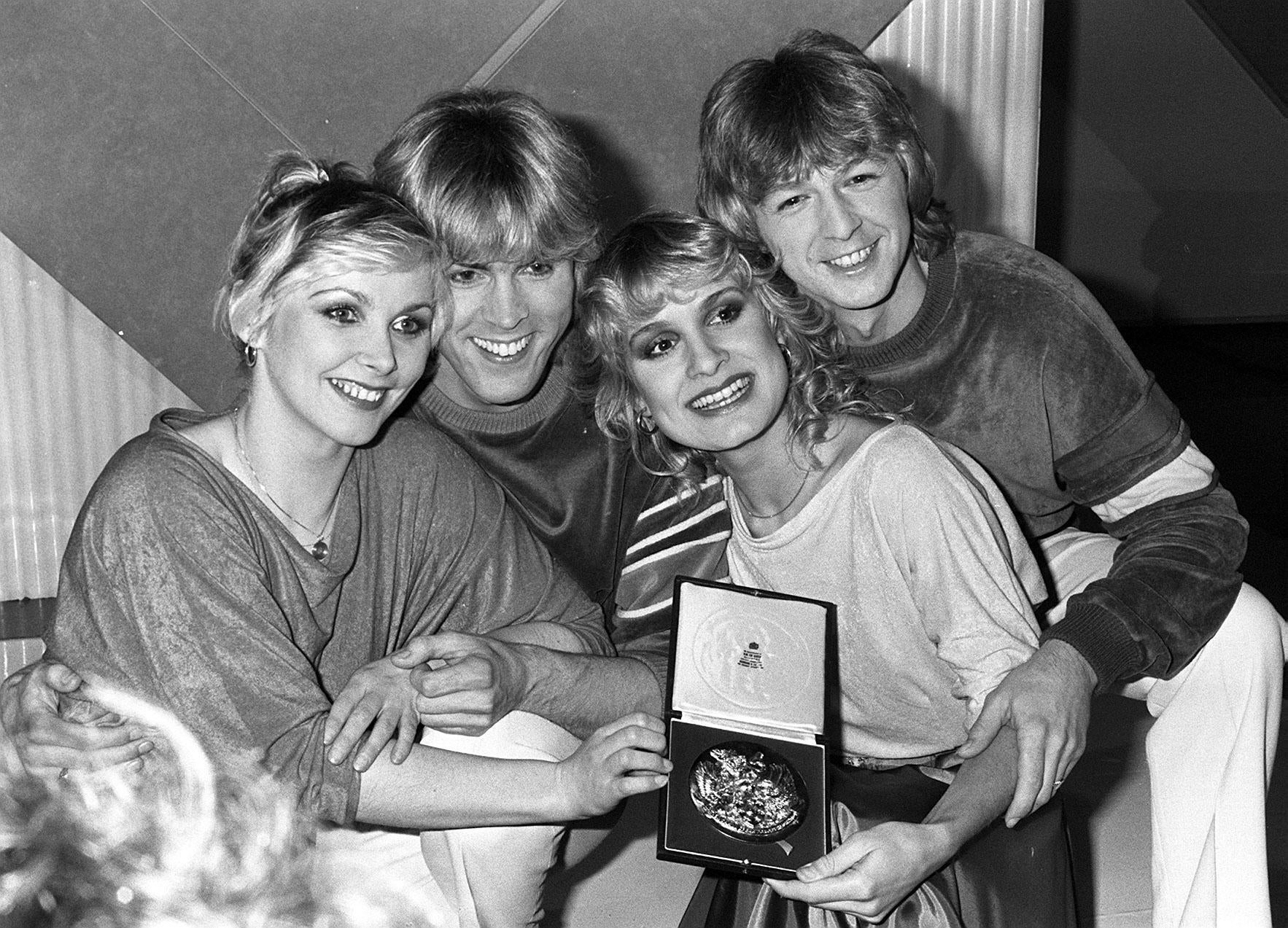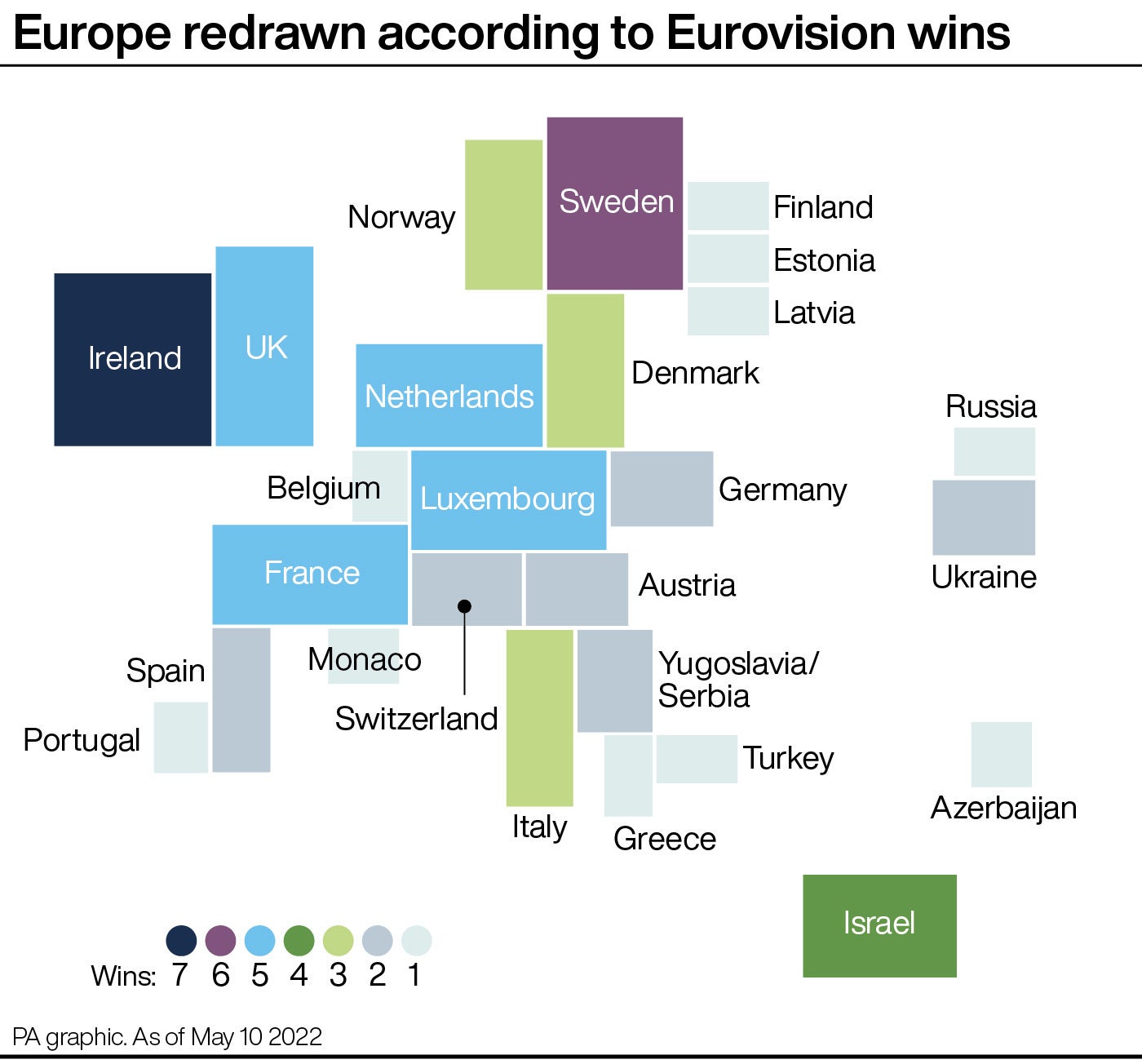The UK’s long years of Eurovision pain – in numbers
Since 2000, the country has finished in one of the bottom three positions on 10 separate occasions.
Sam Ryder will aim to end a dismal run of form for the United Kingdom when he takes to the stage of the Eurovision Song Contest in Turin on Saturday 14 May.
The UK has finished in the top half of the competition only three times so far this century: 2002 (when the country was represented by Jessica Garlick), 2009 (Jade Ewen) and 2011 (Blue).
There is already a buzz surrounding Ryder and his song “Space Man”, with some bookmakers suggesting he could bag enough points to come third or fourth.
This would be quite the turnaround for a country that has become used to ending the contest near the bottom of the scoreboard – and sometimes in last place.
Since 2000 the UK has finished in one of the bottom three positions on 10 separate occasions.
It has also come last a total of five times: in 2003 (Jemini), 2008 (Andy Abraham), 2010 (Josh Dubovie), 2019 (Michael Rice) and 2021 (James Newman).

This is not quite as bad as Finland, who since the start of the contest in 1956 has finished last in the final a record nine times.
But it is typical of the UK’s faltering Eurovision performance in recent years, and is in sharp contrast to how the country fared in earlier decades.
From 1959 right through to 1998, the UK finished in the bottom half of the competition on just two occasions: 1978 and 1987.

It was during this time that the UK notched up its five Eurovision wins, in 1967 (Sandie Shaw), 1969 (Lulu), 1976 (Brotherhood Of Man), 1981 (Bucks Fizz) and 1997 (Katrina And The Waves).
This was also the period when the UK came second a total of 15 times – more than any other country in Eurovision history.
As this dazzling era fades further into the past, the point will soon be reached where more years have elapsed since the UK last won the contest (currently 25) than the time between the UK’s first win and most recent victory (30 years – from 1967 to 1997).

If Sam Ryder manages to finish in the top half of this year’s competition, he will at least have ended the country’s long run of poor results since Blue managed a respectable 11th place in 2011.
Avoiding one of the bottom three places would also be an improvement on recent years.
And if by some chance he wins the final, not only would this be the first UK win in a generation, it would also mean the UK gets to host the contest next year – for a record ninth time.
Follow live updates from the final here.